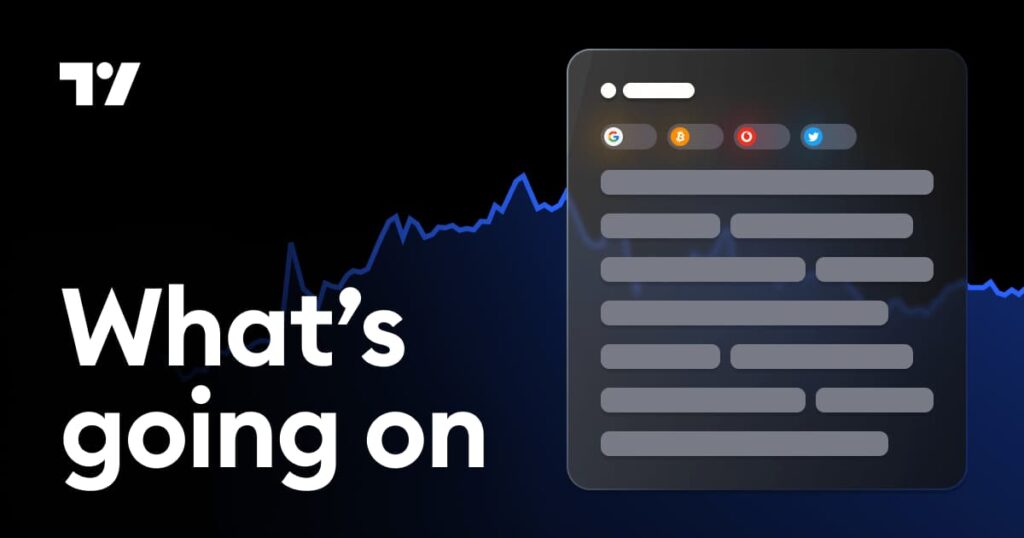Ras Al Khaimah, United Arab Emirates: A new study led by a researcher from the American University of Ras Al Khaimah (AURAK) has shed light on how the use of the Internet of Things (IoT) and blockchain can significantly improve food security.
The study, conducted by Dr. Tahseen Arshi, Associate Vice Provost for Research and Community Service at AURAK, in collaboration with researchers from the University of Naples, Italy, advocates the integration of IoT and blockchain to significantly revolutionize the food supply chain. Dr. Tahseen argues that integrating these technologies into the food supply chain gives companies visibility into the upstream supply chain.
Food safety is a pressing global concern, particularly in the context of a rapidly growing world population (currently 8.11 billion). WHO estimates that 600 million people – nearly one in ten people worldwide – become ill from eating contaminated food and 420,000 die each year.
These findings highlight the urgent need for innovative solutions, such as those proposed in this study, to improve food safety. For example, IoT can track the temperature of food products during transport, helping to prevent spoilage. Similarly, blockchain can provide a transparent record of a food product’s journey from farm to table, helping to identify the source of contamination in the event of an outbreak.
Professor Stephen Wilhite, Senior Vice President for Academic Affairs and Student Success and Dean of AURAK, said: “Food safety is an extremely complex issue. Given the dangers it poses to public health, it is essential that we use new technologies to monitor the supply chain. AURAK is pleased to support this research study, which is a serious effort to highlight how the effective use of IoT and blockchain can prevent contaminated food from reaching consumers by enabling increased transparency and traceability in the food supply chain.”
Dr Tahseen Arshi commented: “As populations grow, food security will be increasingly at risk. Added to this are climate change, water scarcity and land degradation caused by industrialisation and urbanisation. Our study explores how technologies such as IoT and blockchain can revolutionise the way food is monitored, traced and managed throughout the supply chain, improving transparency, accountability and efficiency.”
The study demonstrates how these new technologies can be game changers in the field of food safety. Blockchain enables end-to-end traceability of food products. Every step of the food supply chain, from production to processing to distribution, can be recorded on a blockchain. IoT can track food products in real time through sensors that capture and transmit data on where the food is, how long it has been stored, and the conditions in which it has been stored.
According to the study, these technologies are used for a wide variety of applications, such as real-time monitoring (using sensors and smart tags to monitor environmental conditions during transportation); predictive maintenance (IoT devices monitor equipment for signs of wear); automated compliance (monitoring compliance with food safety regulations); immutable records (providing a decentralized, immutable ledger to record every transaction or change in the food supply chain); and enhanced transparency (access to detailed information about food origins and handling).
One of the main benefits offered by these technologies is the simplification of recalls. In the event of a food safety issue, blockchain can help quickly identify and isolate affected products, simplifying the recall process and minimizing the impact of food safety incidents.
The study was published in 2023 as a chapter in IGI Global’s book “Impactful Technologies Transforming the Food Industry.” IGI Global is a US-based, Scopus-indexed, independent international academic publisher dedicated to publishing high-quality, peer-reviewed academic research publications.
-END-
About the American University of Ras Al Khaimah
The American University of Ras Al Khaimah (AURAK), located in the United Arab Emirates, is a public, non-profit university that offers a comprehensive set of internationally accredited and recognized programs. With a focus on holistic education and practical knowledge, AURAK prepares students to become global citizens who are innovators in their respective fields. Through partnerships with top global universities and organizations, AURAK offers students unparalleled opportunities to gain international exposure and experience.
This press release is issued on behalf of the American University of Ras Al Khaimah (AURAK) by Communicate Gulf FZE, Sharjah, United Arab Emirates.
For any inquiries please contact Public Relations Consultant Anthony D’Silva
Email: anthony@communicategulf.net
Send us your press releases to pressrelease.zawya@lseg.com
Disclaimer: The content of this press release was provided by an external third party provider. This website is not responsible for and does not control this external content. This content is provided “as is” and “as available” and has not been modified in any way. Neither this website nor our affiliates guarantee the accuracy of or endorse the views or opinions expressed in this press release.
This press release is provided for informational purposes only. Its contents do not provide tax, legal or investment advice or any opinion regarding the suitability, value or profitability of any particular security, portfolio or investment strategy. Neither this website nor our affiliates shall be liable for any errors or inaccuracies in the content or for any actions taken by you in reliance thereon. You expressly agree that your use of the information contained in this article is at your own risk.
To the fullest extent permitted by applicable law, this website, its parent, subsidiaries, affiliates, and the respective shareholders, directors, officers, employees, agents, advertisers, content providers and licensors will not be liable (jointly or severally) to you for any direct, indirect, consequential, special, incidental, punitive or exemplary damages, including, without limitation, lost profits, lost savings and lost revenues, whether based on negligence, tort, contract or any other theory of liability, even if the parties have been advised of the possibility of or could have foreseen such damages.

